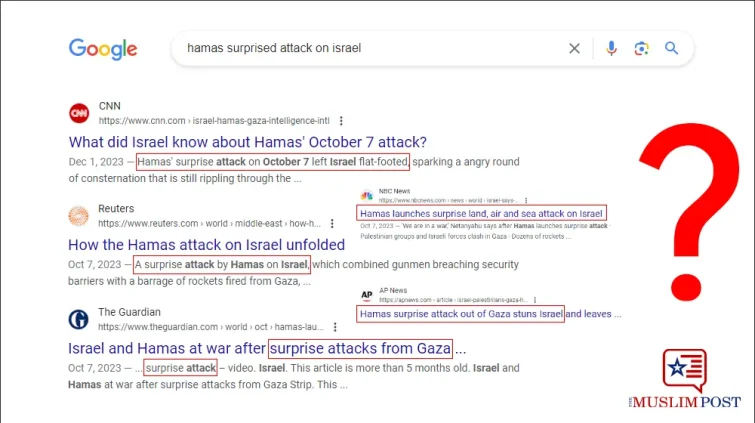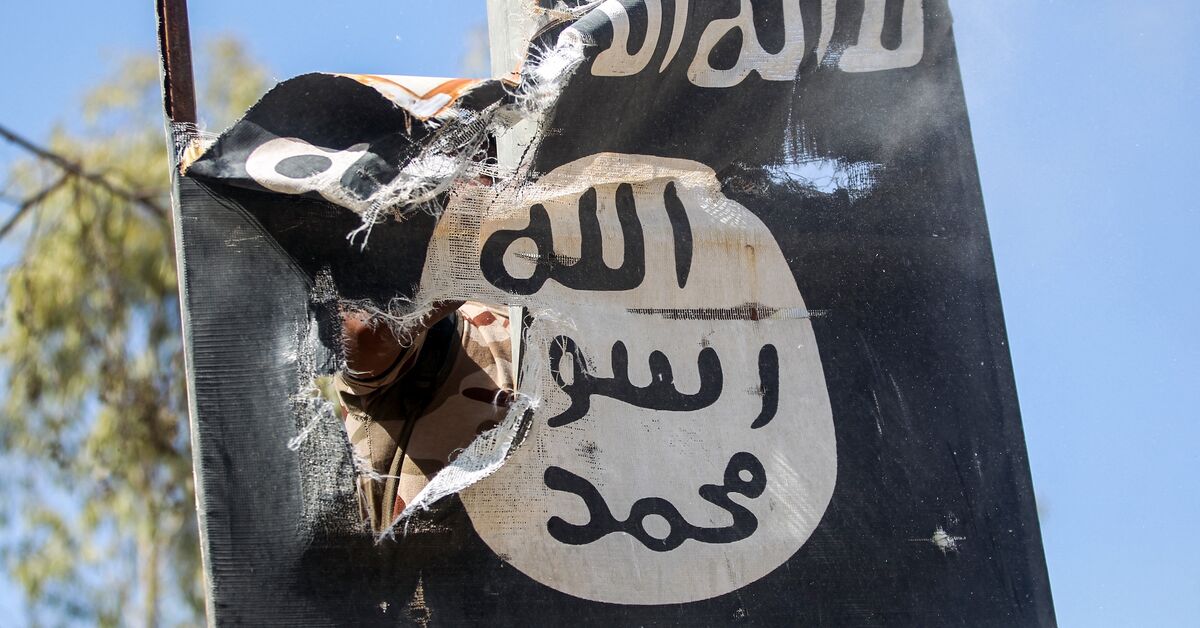Reports indicated that the Israeli defense forces had prior knowledge of Hamas’s intentions to execute an assault on Israeli territory more than a year before the catastrophic attack on October 7, which resulted in the death of hundreds, as per a recent publication by The New York Times.
This revelation is part of a growing body of evidence suggesting that senior Israeli military leaders may have “overlooked or minimized signs” of an impending strike by Hamas, leading to a conflict with the Islamic militant organization that has wrought widespread destruction across the Gaza Strip.
According to The Times, Israeli authorities had acquired a detailed 40-page strategy document, named “Jericho Wall,” outlining a potential offensive by Hamas targeting communities in southern Israel.
According to another article from AP, “There clearly were warnings and indications that should have been picked up,” said Bradley Bowman, a former U.S. Army officer who is now senior director of the Center on Military and Political Power at the Foundation for Defense of Democracies, a Washington research institute. “Or maybe they were picked up, but they didn’t spark necessary preparations to prevent these horrific terrorist acts from happening.”
The Associated Press reviewed more than 100 videos Hamas released over the last year, primarily through the social media app Telegram. Using satellite imagery, the AP was able to verify key details, as well as identify five sites Hamas used to practice shooting and blowing holes in Israel’s border defenses.
The AP matched the location of the mocked-up settlement from the Sept 12 video to a patch of desert outside Al-Mawasi, a Palestinian town on the southern coast of the Gaza Strip. A large sign in Hebrew and Arabic at the gate says “Horesh Yaron,” the name of a controversial Israeli settlement in the occupied Palestinian West Bank.
In another report by NBC News, three months before the Oct. 7 terrorist attack, analysts in the Israeli military alerted their superiors to a serious threat from Hamas militants — a “plan designed to start a war.” But their concerns were dismissed by their superiors, according to an Israeli official familiar with the matter.
The incident is part of a growing body of evidence that Israeli Prime Minister Benjamin Netanyahu’s government missed — or ignored — key warnings about Hamas’ plans to attack the country.
There’s an interesting correlation between the imminent attacks on October 7th in Israel and that of the attacks on 9/11 in the United States:
Both the United States and Israel claimed to be “surprised” when in reality, both were aware of the imminent attacks before they occurred. According to Politico, “Bin Laden Determined to Strike in U.S.” The CIA’s famous Presidential Daily Brief, presented to George W. Bush on August 6, 2001, has always been Exhibit A in the case that his administration shrugged off warnings of an Al Qaeda attack. But months earlier, starting in the spring of 2001, the CIA repeatedly and urgently began to warn the White House that an attack was coming.
The question one has to ask is, why were these attacks allowed to be carried out while both Israel and the United States when the facts show they had prior knowledge about these plans?
What we do know today, more than two decades after 9/11, Muslims have been demonized and the label “Terrorists” is synonymous to “Muslims” or “Islam”. According to FBI statistics, hate crimes against Muslims in the United States skyrocketed immediately after September 11, 2001, and are still on an upward trend.
“Muslims continue to be the target of hate, bullying, and discrimination as a result of the stereotypes that were perpetuated by Islamophobes and the media in the years following the 9/11 attacks,” said Hussam Ayloush, executive director of the Los Angeles chapter of the Council on American-Islamic Relations.
According to an article on Al Jazeera, Zahra Jamal, associate director of Rice University’s Boniuk Institute for Religious Tolerance in Houston, said 62 percent of Muslims report feeling religion-based hostility and 65 percent felt disrespected by others.
“That’s almost three times the percentage among Christians,” said Jamal. “Internalized Islamophobia is more prevalent among younger Muslims who have faced anti-Muslim tropes in popular culture, news, social media, political rhetoric, and in policy. This negatively impacts their self-image and mental health.”
As is the case in much of the media, and in our collective memories, we seem to forget these correlations and stop questioning the narrative of corporate media. We simply move on to the next “issue” and the next and the next.







